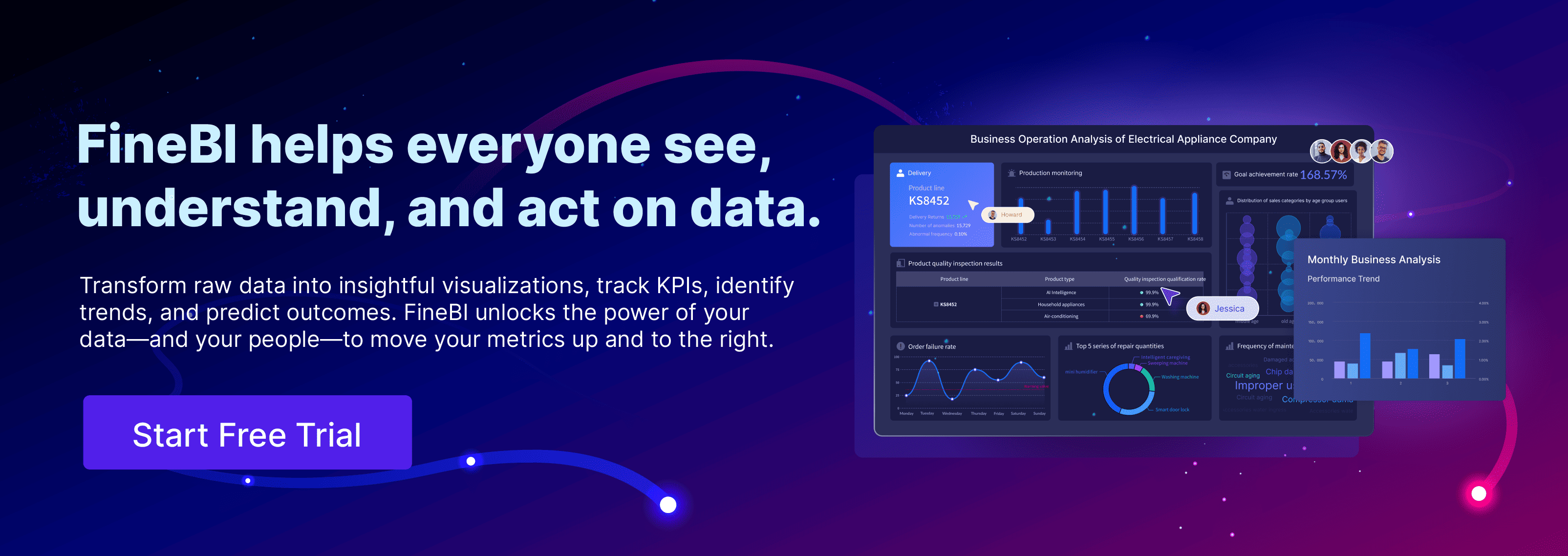The demand for data analyst Malaysia is experiencing significant growth. With the government targeting the production of 35,000 data professionals by 2025 and the Big Data Analytics market projected to expand from $1.1 billion in 2021 to $1.9 billion by 2025, the opportunities in this field are immense. Currently, there are over 10,000 open positions for data analyst roles in Malaysia, highlighting the increasing reliance of businesses on data-driven decision-making. Positions such as researcher, database administrator, and business analyst are becoming indispensable. By mastering core skills, gaining practical experience, and understanding the pathway to becoming a data scientist in Malaysia, individuals can unlock a fulfilling career in data analytics with abundant job prospects and competitive salaries.
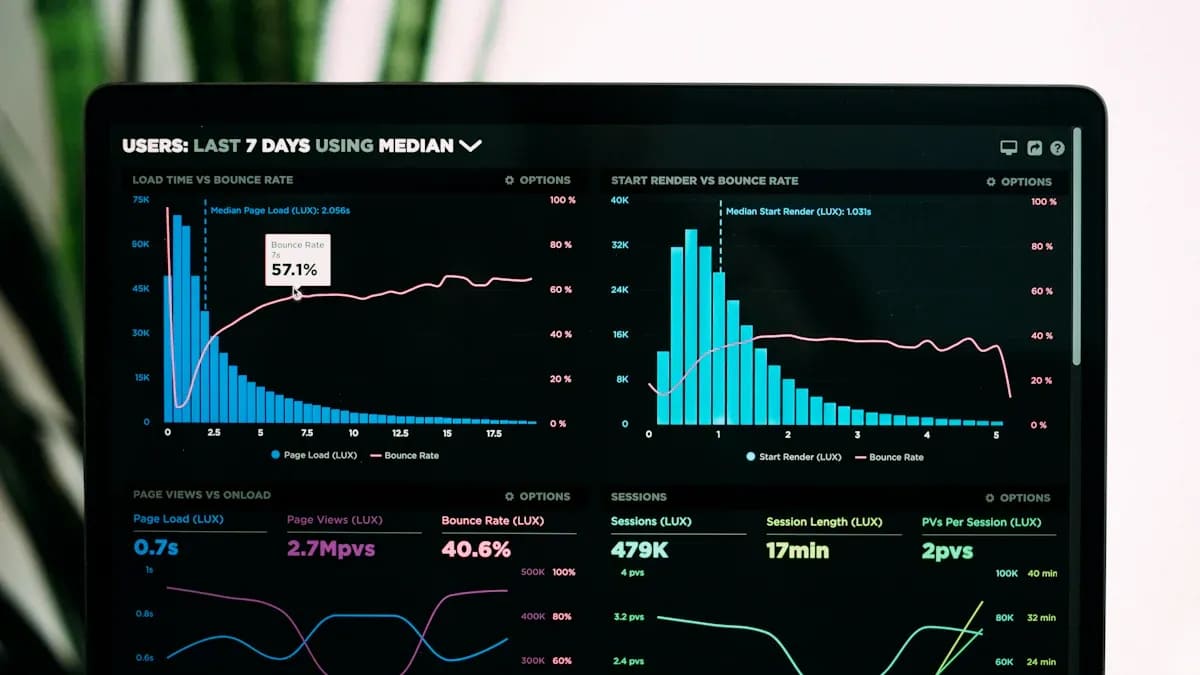
Key Takeaways
- Data analyst jobs in Malaysia are increasing fast, with 10,000 openings. This growth gives great chances for good jobs and pay.
- Learn important skills like SQL, Python, and tools like FineBI. These will help you get hired in data analytics.
- Get hands-on experience by doing internships or freelance work. Using your skills in real projects will boost your confidence and job chances.
- Create a portfolio to show your work and skills. Show how you solve real problems using data tools.
- Keep learning and meet new people in the field. Follow trends and talk to experts to grow your career.
What Does a Data Analyst Malaysia Do?
Key Responsibilities of a Data Analyst
As a data analyst Malaysia, your role involves transforming raw data into actionable insights that drive business decisions. You will handle various tasks, including:
- Data Collection and Cleaning: Gather data from multiple sources, such as databases and spreadsheets, and ensure its accuracy.
- Data Analysis: Use tools like SQL and Python to identify trends and patterns.
- Data Visualization: Create charts and dashboards using software like FineBI or Tableau to present findings effectively.
- Report Generation: Compile insights into reports for stakeholders.
- Predictive Modeling: Build models to forecast future trends.
- Collaboration: Work with teams across departments to align data insights with business goals.
These responsibilities highlight the diverse skill set required for a data analyst job.
Why Data Analyst Malaysia is a Promising Career
The demand for data analysts in Malaysia continues to grow rapidly. Businesses increasingly rely on data analytics to make informed decisions, creating a surge in job demand. The anticipated 36 percent growth in employment for data scientists through 2031 far exceeds the average growth rate for other occupations. This trend reflects the critical role of data analytics in driving innovation and efficiency.
Malaysia’s thriving industries, such as finance, manufacturing, and retail, offer numerous data analyst jobs. With over 10,000 job openings currently available, the field provides excellent opportunities for career growth. By mastering data analytics tools like FineBI and obtaining certifications such as the FanRuan Global Certification Examination, you can position yourself as a competitive candidate in this high-demand market.
If you’re wondering how to become a data scientist in Malaysia, the path starts with acquiring the right skills and gaining practical experience. The job demand for data analysts ensures a rewarding career with competitive salaries and long-term growth potential.
Educational Path to Become a Data Analyst Malaysia
Relevant Degrees and Diplomas
To start your journey as a data analyst Malaysia, earning a relevant degree or diploma is essential. A data science degree or a related field like computer science, statistics, or business analytics provides the foundational knowledge you need. These programs cover key topics such as data analysis, programming, and statistical modeling. Universities in Malaysia, including Universiti Malaya and Universiti Teknologi Malaysia, offer specialized courses tailored to the growing demand for data analysts.
If pursuing a full degree isn’t feasible, consider diploma programs in data analytics or business intelligence. These shorter courses focus on practical skills, making them ideal for those looking to enter the workforce quickly. Whether you choose a degree or diploma, the goal is to build a strong foundation in data analytics concepts and tools.
Certifications to Boost Your Career as Data Analyst Malaysia
Certifications play a crucial role in enhancing your employability as a data analyst Malaysia. Employers in Malaysia value certifications that validate your expertise in data analytics tools and techniques. The FanRuan Global Certification Examination is an excellent choice. It offers certifications like FineBI Associate and FineBI Professional, which demonstrate your proficiency in advanced analytics tools.
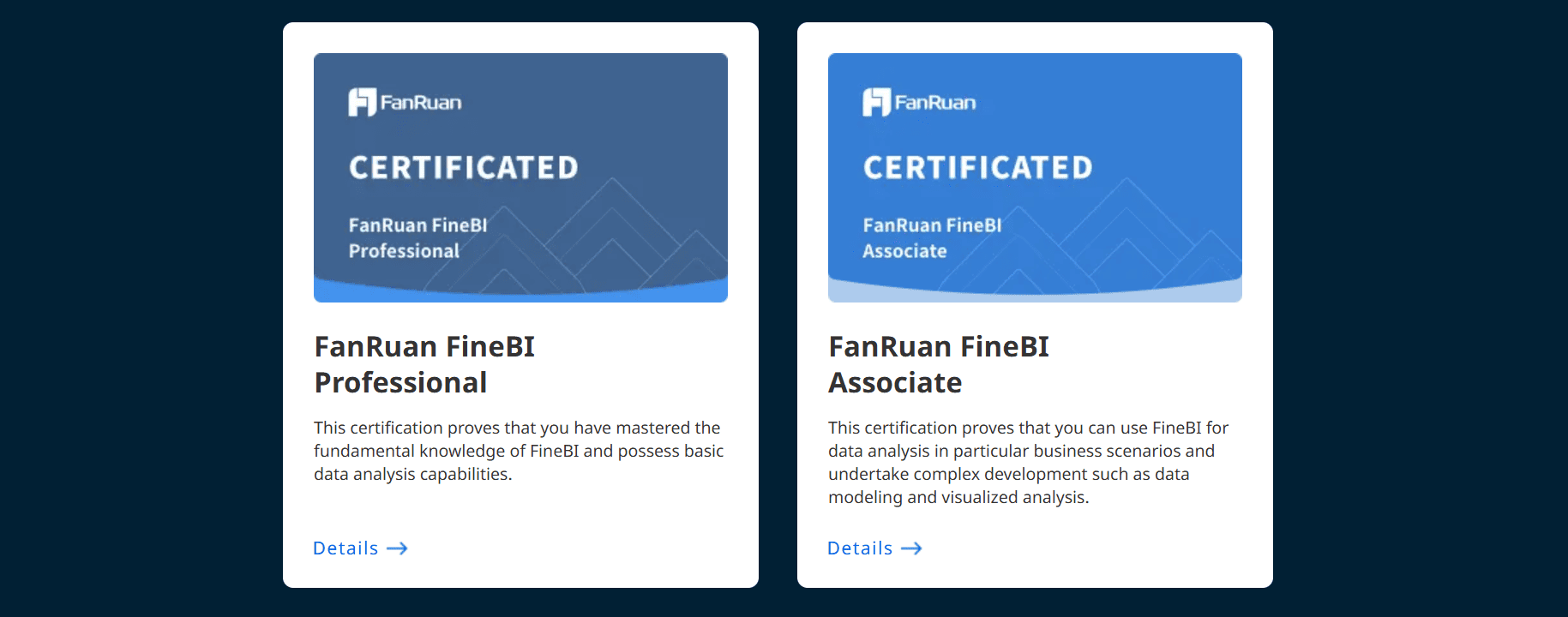
Certifications not only validate your skills but also set you apart in a competitive job market. They show employers that you are committed to professional growth. Other globally recognized certifications, such as Microsoft Certified: Data Analyst Associate and Google Data Analytics Professional Certificate, can also boost your career prospects. By obtaining these credentials, you position yourself as a strong candidate for data analyst Malaysia.
Step-by-Step Guide to Become a Data Analyst Malaysia
Learn Foundational Skills Through Online Courses and Bootcamps
Building a strong foundation in data analytics begins with learning the essential skills. Online courses and bootcamps offer an excellent way to acquire these skills quickly and effectively. These platforms provide structured learning paths, hands-on projects, and access to industry experts, making them ideal for beginners and professionals alike.
Here are some popular online courses and bootcamps to help you get started:
- Learn to Code for Data Analysis (OpenLearn)
- Data Analytics Short Course (CareerFoundry)
- Online Data Science Courses (Harvard University)
- Free Data Science & Analytics Courses (Udemy)
- Intro to Data Science (Dataquest)
- Data Analysis with Python (FreeCodeCamp)
These programs cover topics like Python programming, SQL, data visualization, and statistical analysis. Many of them also include real-world projects, which are crucial for applying your knowledge. By completing these courses, you can gain the foundational skills needed to excel as a data analyst Malaysia.
Gain Practical Experience with Internships and Freelance Projects
Practical experience is essential for bridging the gap between theoretical knowledge and real-world application. Internships and freelance projects provide opportunities to work on actual data analytics tasks, helping you build confidence and expertise.
Start by applying for internships at companies in Malaysia that value data-driven decision-making. Many organizations in industries like finance, retail, and manufacturing actively seek interns to assist with data analysis. During your internship, focus on tasks such as data cleaning, visualization, and reporting. These experiences will not only enhance your skills but also give you insights into how businesses use data to solve problems.
Freelance projects are another excellent way to gain experience. Platforms like Upwork and Fiverr often feature data analytics projects that you can take on. These projects allow you to work with diverse datasets and industries, broadening your expertise. Additionally, freelance work demonstrates your ability to manage projects independently, a quality highly valued by employers.
Note: Keep a record of your internship and freelance work. Document the tools you used, the challenges you faced, and the solutions you implemented. This information will be invaluable when building your portfolio.
Build a Portfolio to Showcase Your Skills
A well-crafted portfolio is your professional identity as a data analyst. It showcases your skills, projects, and ability to solve real-world problems, making it a critical component of your job applications in Malaysia.
Your portfolio should include projects that highlight your expertise in tools like Python, SQL, and FineBI. Focus on real-world scenarios, such as analyzing sales data to identify trends or creating dashboards for business performance monitoring. These projects demonstrate your ability to apply data analytics to practical challenges.
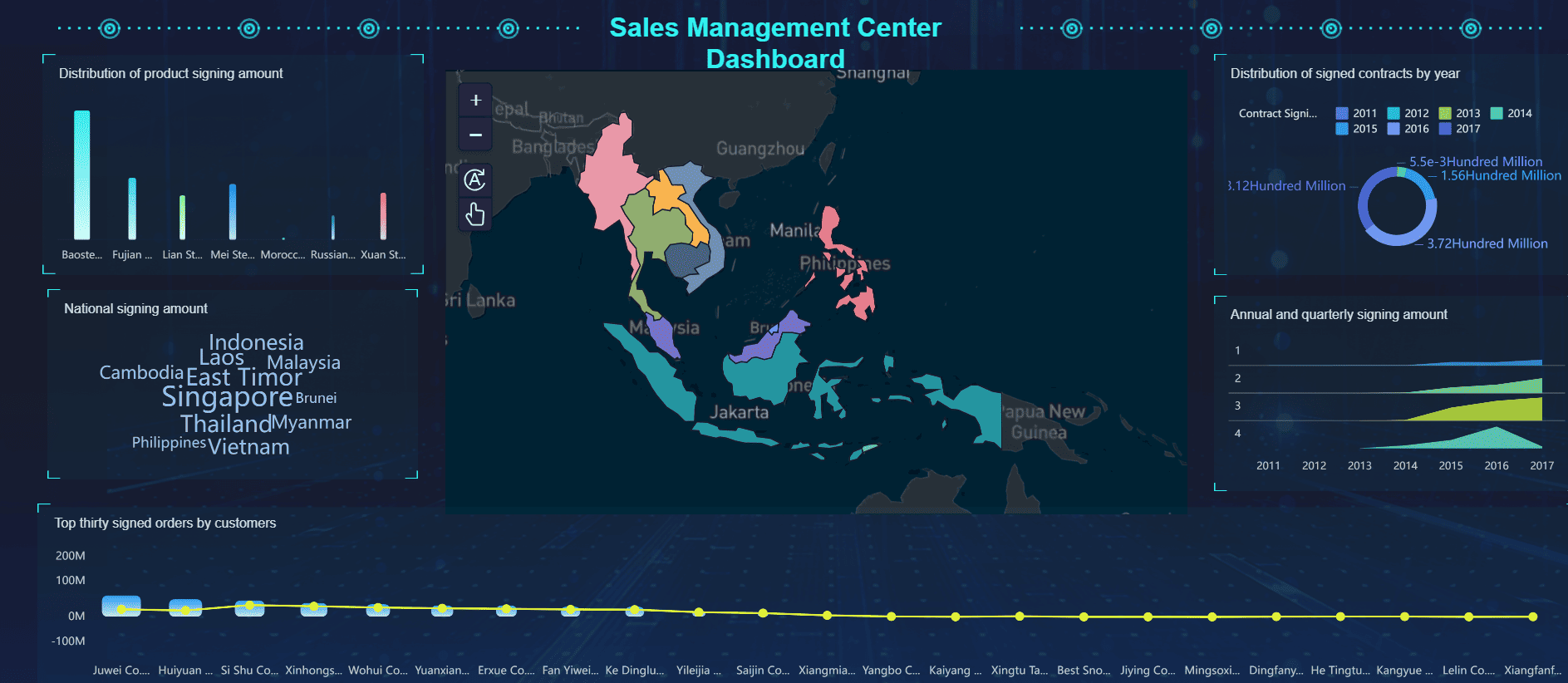
Mounika Palli emphasizes that a portfolio is essential for aspiring data analysts, especially if you lack formal experience. She advises including projects that align with industry demands. Similarly, Muskan Kashyap highlights the importance of dedicating time to crafting a portfolio that reflects your skills and commitment. A strong portfolio not only sets you apart but also shows employers your potential to add value.
Network with Industry Professionals in Malaysia
Networking plays a vital role in advancing your career as a data analyst Malaysia. Building connections with industry professionals can open doors to mentorship, job opportunities, and valuable insights into the field. By actively engaging with the data analytics community, you can stay updated on industry trends and enhance your professional growth.
Start by attending professional events and conferences. For example, the Invest Malaysia 2021 Virtual Event Series provided attendees with opportunities to engage in discussions beyond the sessions. Participants connected with key personnel from government sectors, capital markets, and international investors. Events like these allow you to meet professionals who can guide you in your journey to become a data analyst.
Online platforms also offer excellent networking opportunities. LinkedIn, for instance, is a powerful tool for connecting with data analysts and industry leaders in Malaysia. Professionals like Phil Ramontal often share insights and offer mentorship to aspiring data analysts. By engaging with their posts and joining relevant groups, you can expand your network and gain valuable advice.
Here are some tips to maximize your networking efforts:
- Attend Local Meetups: Look for data analytics meetups in cities like Kuala Lumpur or Penang. These gatherings provide a casual setting to meet like-minded professionals.
- Join Online Communities: Participate in forums and social media groups focused on data analytics in Malaysia.
- Seek Mentorship: Reach out to experienced professionals for guidance. Many are willing to share their knowledge and help you navigate the industry.
- Follow Industry Leaders: Stay updated by following thought leaders and organizations on platforms like LinkedIn and Twitter.
Networking is not just about making connections; it’s about building relationships. Approach each interaction with a genuine interest in learning and contributing. Over time, these relationships can lead to job openings, collaborations, and career advancements.
Apply for Jobs and Prepare for Interviews
Once you’ve built your network, the next step is to apply for data analyst jobs in Malaysia. The application process requires careful preparation to stand out in a competitive job market. Start by tailoring your resume and cover letter to highlight your skills, certifications, and relevant experience. Emphasize your proficiency in tools like FineBI and your ability to analyze and visualize data effectively.
When preparing for interviews, focus on both technical and behavioral aspects. Structured preparation can significantly enhance your confidence and performance. For instance, practicing Excel skills and working on real-world data scenarios can improve your problem-solving abilities. Simulated test environments also help you manage time and reduce anxiety during assessments.
Here’s a table summarizing the benefits of effective interview preparation:
| Preparation Practice | Key Benefits |
|---|---|
| Structured preparation enhances confidence and skills | Boosts success in the hiring process. |
| Practice packs cover essential Excel skills | Ensures readiness for technical tests. |
| Simulated test environments reduce anxiety | Familiarity with formats improves performance. |
| Interactive exercises reinforce learning | Hands-on practice enhances retention and application. |
| Immediate feedback identifies strengths and weaknesses | Enables targeted improvement in specific areas. |
| Real-world scenarios improve problem-solving skills | Mirrors job tasks, enhancing practical application. |
| Regular practice boosts confidence | Reduces test anxiety and enhances performance during assessments. |
| Cost-effective preparation saves time and money | Increases first-attempt success, leading to better outcomes. |
During the interview, expect questions that test your technical expertise and problem-solving skills. Employers may ask you to analyze datasets, create visualizations, or explain your approach to solving a business problem. Be prepared to discuss your portfolio projects and how they demonstrate your ability to add value to the organization.
Here are some tips to excel in your interviews:
- Research the Company: Understand their business model and how data analytics contributes to their goals.
- Practice Common Questions: Prepare answers for questions about your technical skills, experience, and problem-solving approach.
- Showcase Your Portfolio: Highlight projects that align with the company’s needs.
- Ask Thoughtful Questions: Demonstrate your interest in the role by asking about the company’s data strategies and challenges.
By preparing thoroughly, you increase your chances of securing a data analyst job in Malaysia. Combine your technical expertise with strong communication skills to leave a lasting impression on potential employers.
Resources for Aspiring Data Analyst Malaysia
Certifications and Training Programs
Certifications validate your expertise and enhance your employability. The FanRuan Global Certification Examination is a valuable resource for aspiring data analysts in Malaysia. It offers certifications like FineBI Associate and FineBI Professional, which demonstrate your proficiency in advanced analytics tools.
These certifications not only boost your resume but also position you as a competitive candidate in the job market. Employers value candidates who show commitment to professional growth. Other certifications, such as Microsoft Certified: Data Analyst Associate, also provide recognition for your skills.
FanRuan’s certification program includes training materials, webinars, and live events to support your learning journey. By earning these credentials, you can showcase your ability to use tools like FineBI effectively and contribute to Malaysia’s data-driven industries.
Local Datasets and Communities in Malaysia
Access to local datasets and communities is crucial for practical learning. Malaysia offers several datasets that help you understand real-world applications of data analytics. These datasets cover topics like health indicators, food security, and conflict events.
| Dataset Name | Downloads | Organizations | Update Frequency |
|---|---|---|---|
| HDX HAPI Data for Malaysia | 100+ | N/A | Daily |
| Malaysia - Conflict Events | 500+ | N/A | Weekly |
| Malaysia - Health Indicators | 10,000+ | N/A | Monthly |
| Malaysia - Food Security and Nutrition Indicators | 700+ | N/A | Yearly |
Joining local communities can also enhance your learning experience. Groups like Data Science Malaysia and KL Data Meetup provide networking opportunities and workshops. These communities connect you with professionals who share insights and offer mentorship.
Note: Regularly explore datasets and participate in community events to stay updated on Malaysia’s data analytics trends.
Leveraging Tools Like FineBI for Data Analysis
FineBI is a powerful tool that simplifies data analysis for professionals in Malaysia. It enables you to explore, visualize, and interpret data without requiring advanced technical skills. By leveraging FineBI, you can transform raw data into actionable insights that drive business decisions.
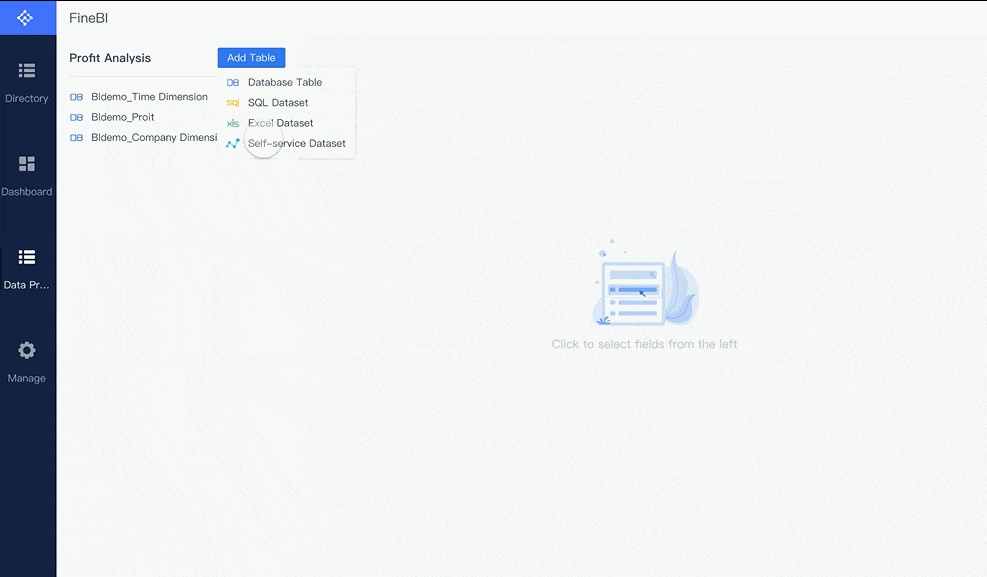
Why FineBI Stands Out
FineBI offers several features that make it ideal for data analytics in Malaysia. These include:
- Ease of Use: Its drag-and-drop interface allows you to create dashboards and reports effortlessly.
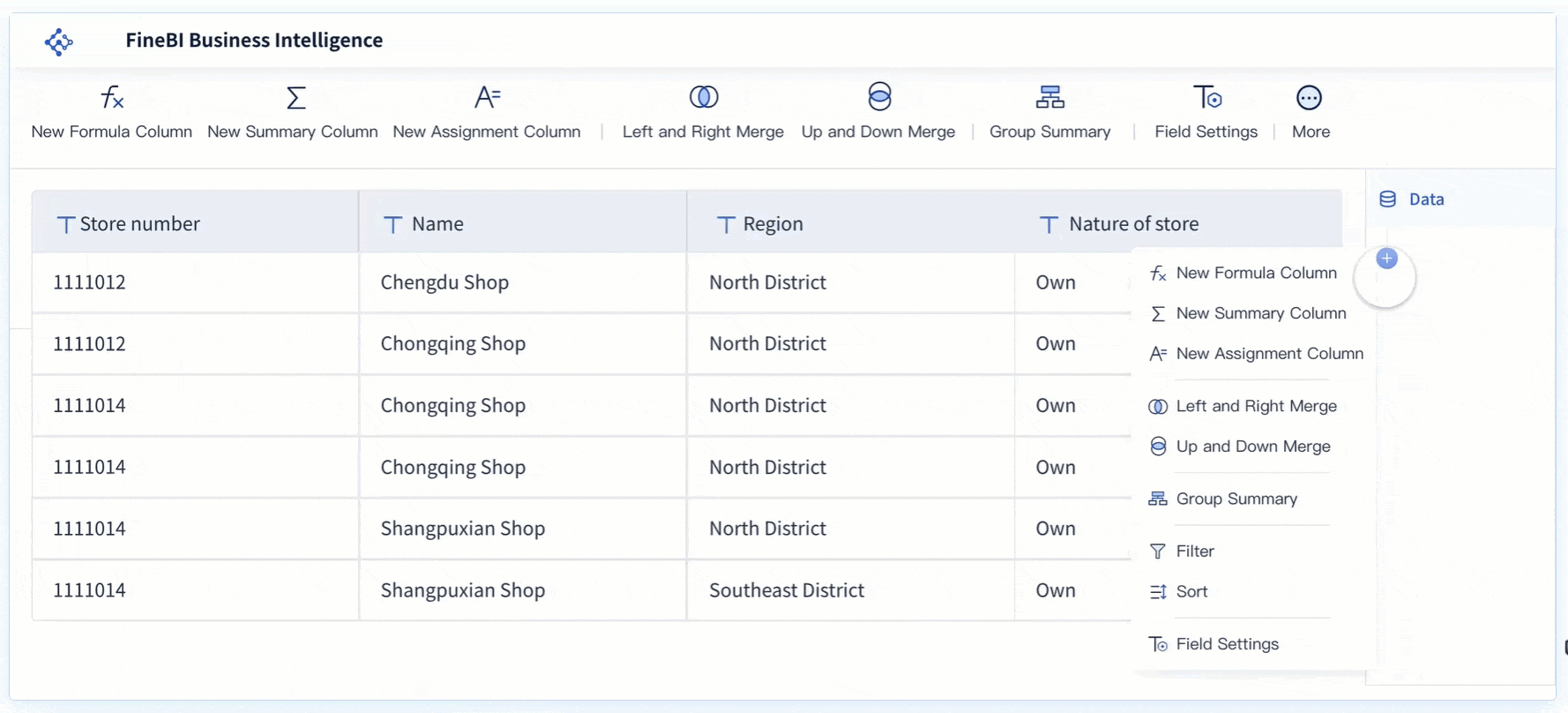
- Real-Time Analysis: You can analyze updated data instantly, ensuring timely decision-making.
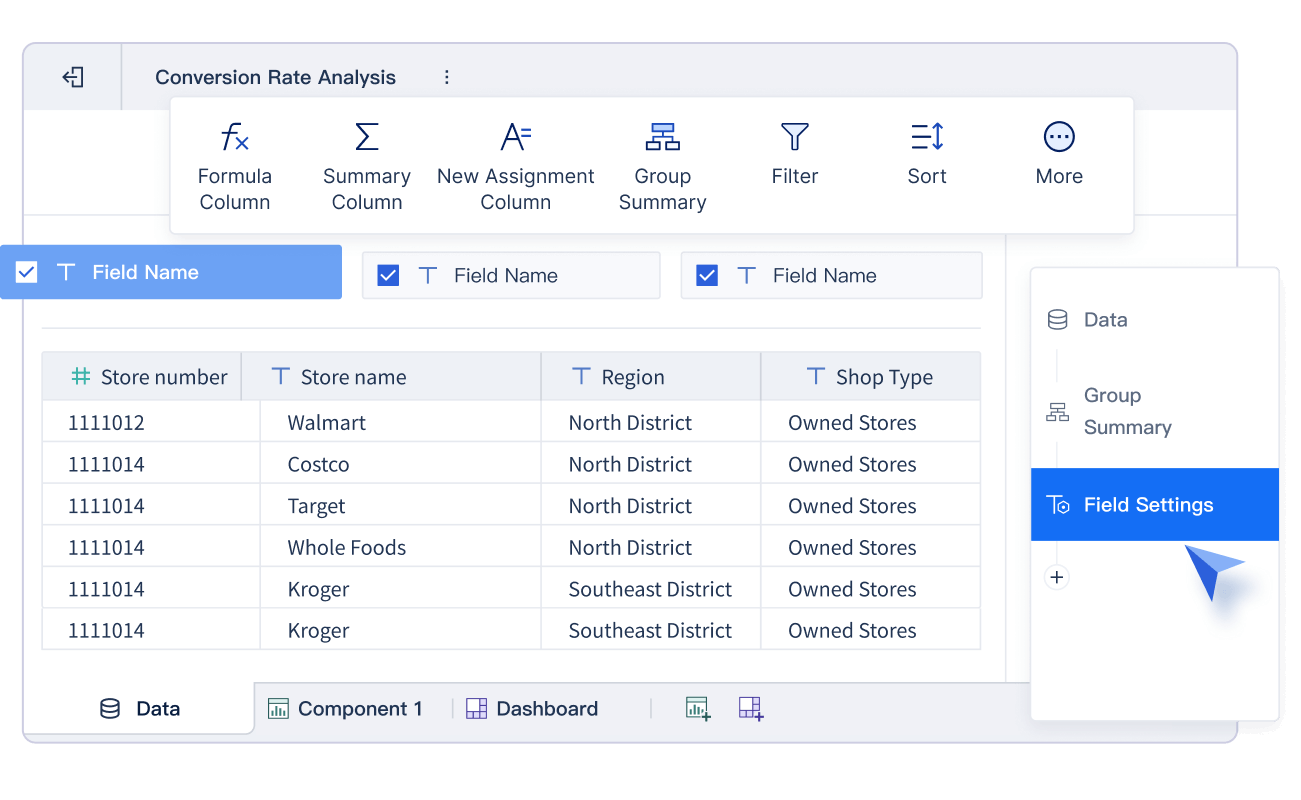
- Data Integration: FineBI connects to various data sources, including relational databases and big data platforms.
These features empower you to focus on analysis rather than technical complexities.
Practical Applications of FineBI
FineBI is widely used across industries in Malaysia. For example:
- Retail: Analyze customer behavior to optimize marketing strategies.
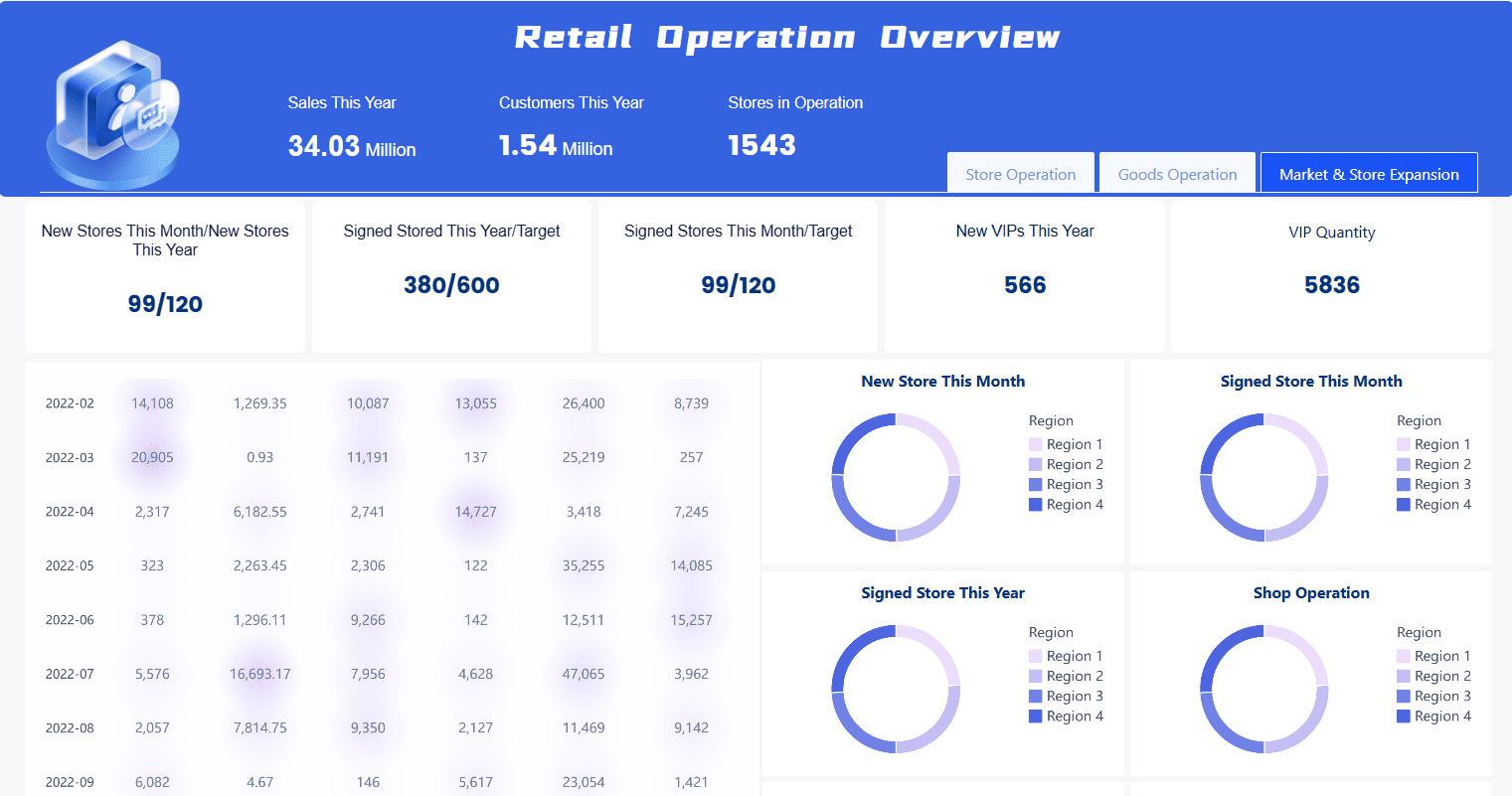
- Finance: Monitor key performance indicators to improve operational efficiency.
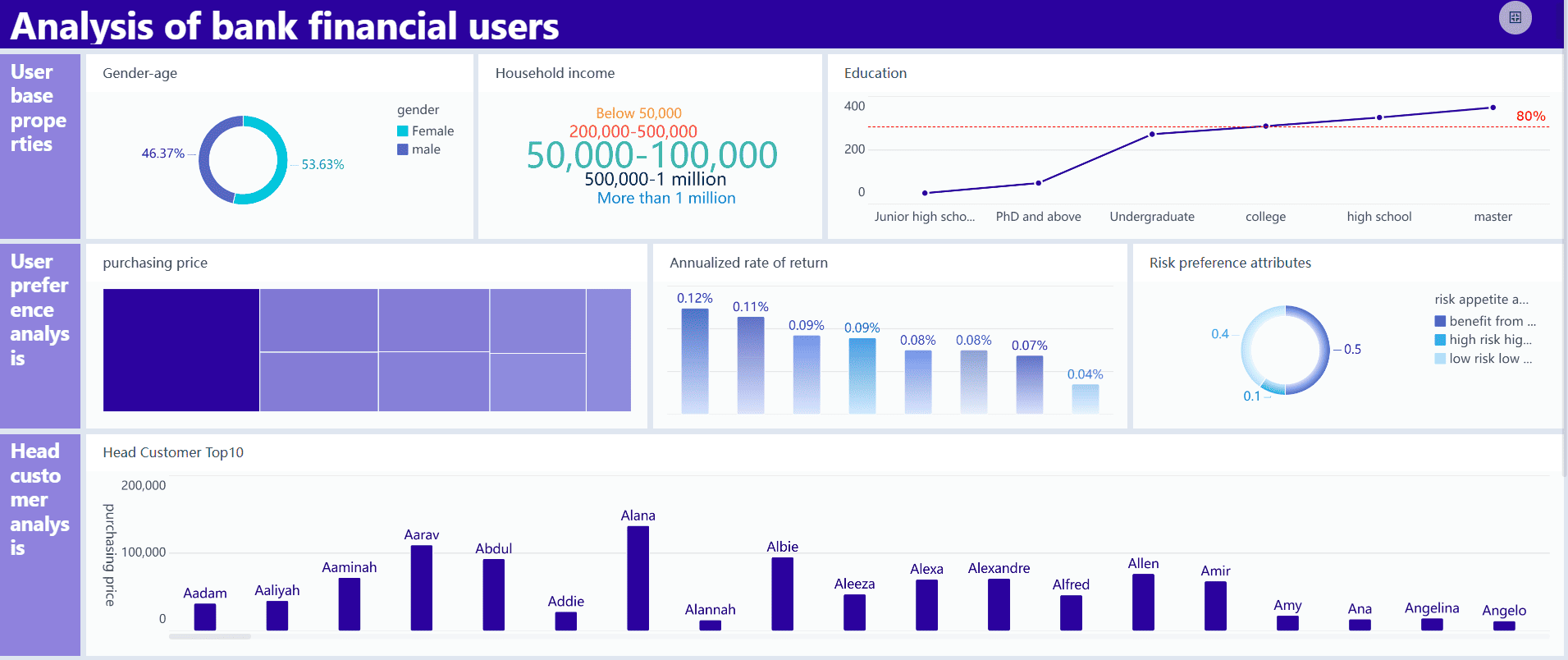
- Manufacturing: Track production data to enhance quality control.
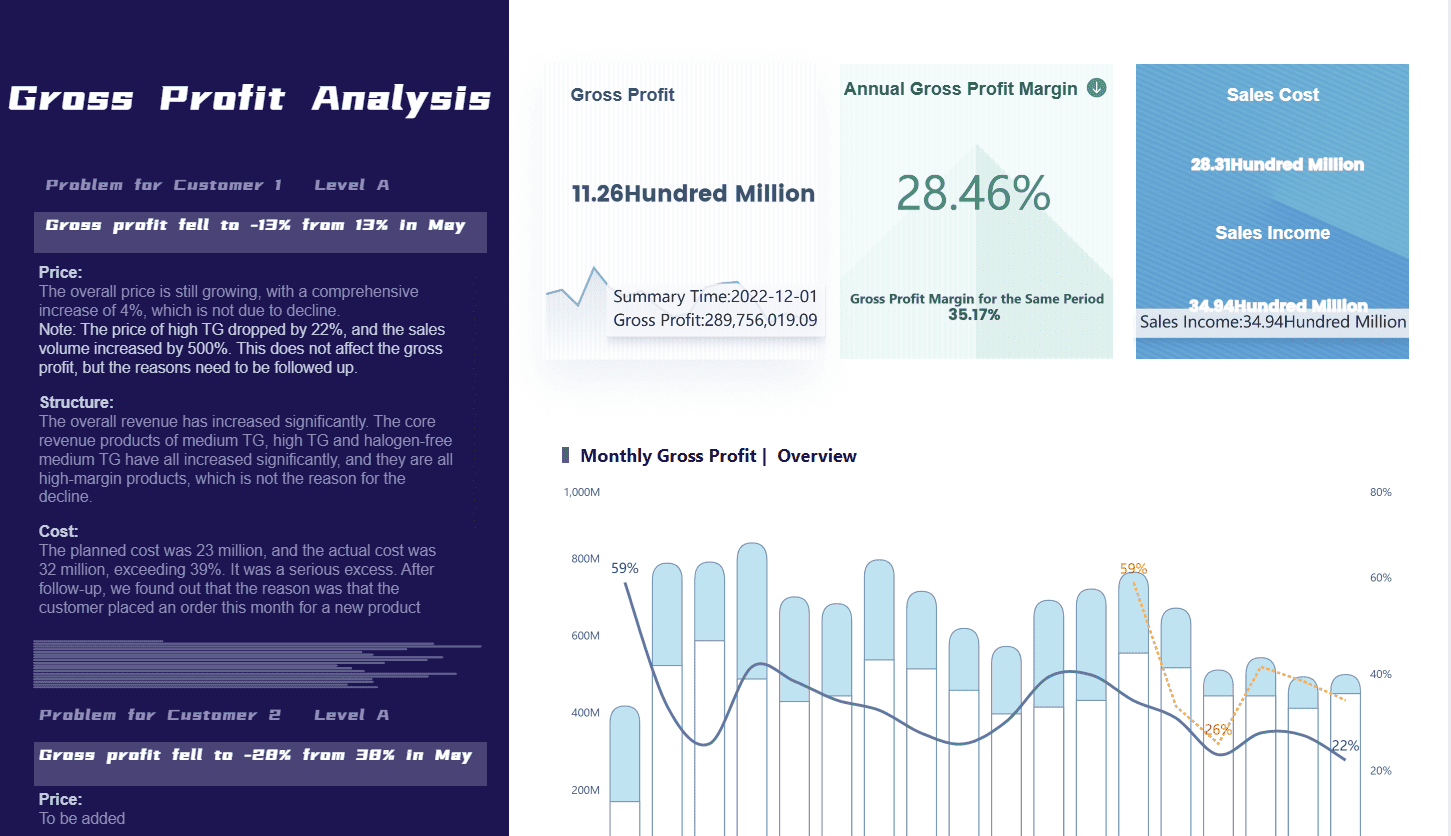
By mastering FineBI, you can contribute to data-driven strategies in these sectors.
How to Get Started with FineBI
To begin using FineBI, explore its tutorials and training resources. These materials guide you through its features step-by-step. You can also earn certifications, such as the FanRuan FineBI Associate, to validate your skills. This certification enhances your employability in Malaysia’s competitive job market.
FineBI is more than a tool; it’s a gateway to advancing your career in data analytics. By integrating it into your workflow, you can unlock new opportunities and make a meaningful impact in Malaysia’s growing industries.
Taking the first step to become a data analyst Malaysia can open doors to a rewarding career. Persistence and continuous learning are key to staying ahead in this dynamic field. Engaging with tools like FineBI and earning certifications such as the FanRuan Global Certification Examination can enhance your skills and employability.
Start your journey today by exploring available resources and certifications. With determination and the right tools, you can thrive in Malaysia’s growing data analytics industry.
Click the banner below to try FineBI for free and empower your enterprise to transform data into productivity!
Continue Reading About Data Analyst Malaysia
How Do Data Analyst Jobs Differ in Startups and Big Companies?
FAQ

The Author
Lewis
Senior Data Analyst at FanRuan
Related Articles

10 Best Retail Analytics Software Platforms for Retailers
Compare the 10 best retail analytics software platforms for retailers to boost sales, optimize inventory, and gain actionable customer insights.
Lewis
Dec 16, 2025

11 Best Tools for Research Analysis for Academics
Compare the 11 best tools for research analysis to boost academic and professional research efficiency, data management, and collaboration.
Lewis
Dec 11, 2025

10 Best Market Research Data Analysis Tools to Try This Year
See the top 10 market research data analysis tools to boost insights, streamline workflows, and make smarter business decisions this year.
Lewis
Dec 11, 2025
